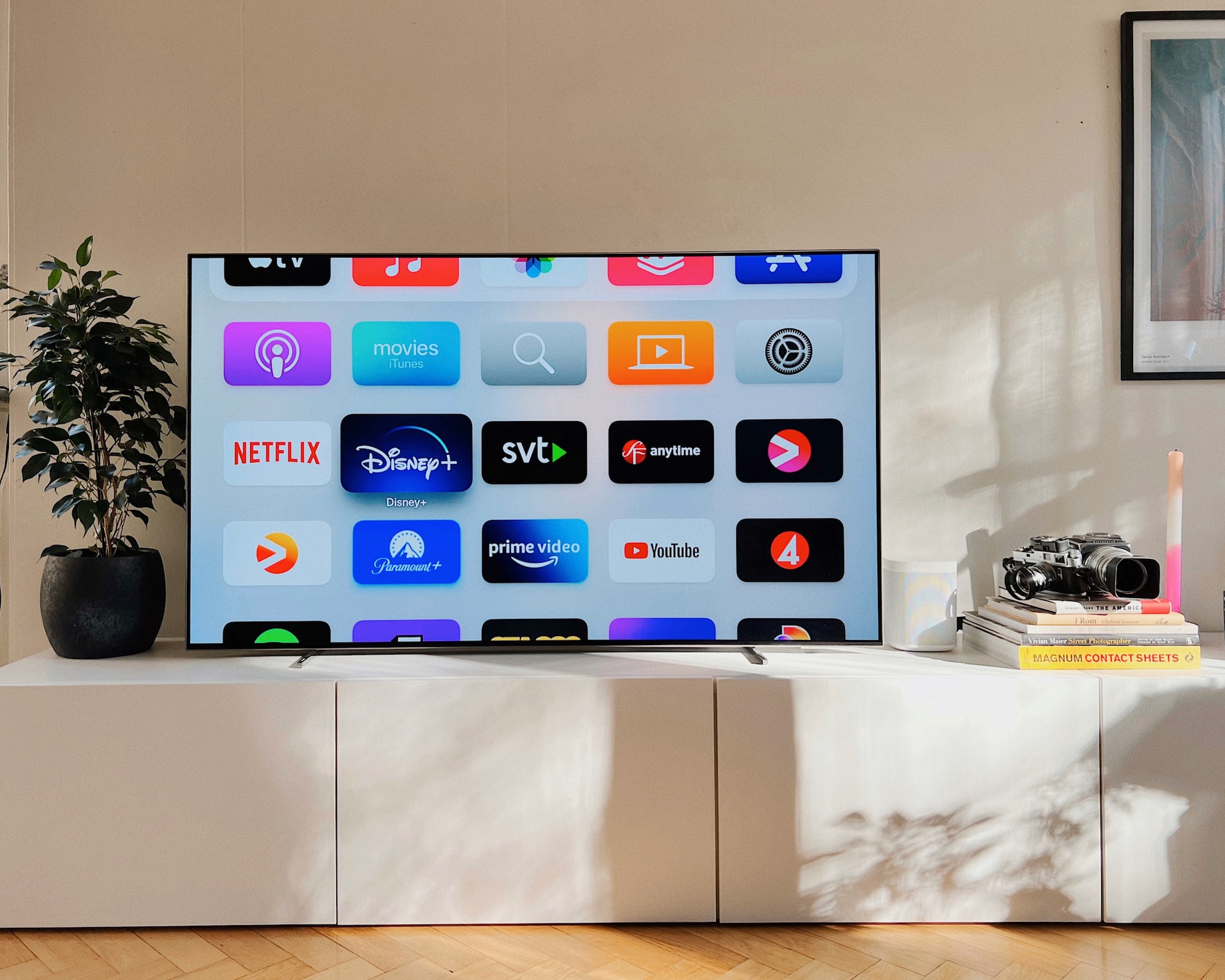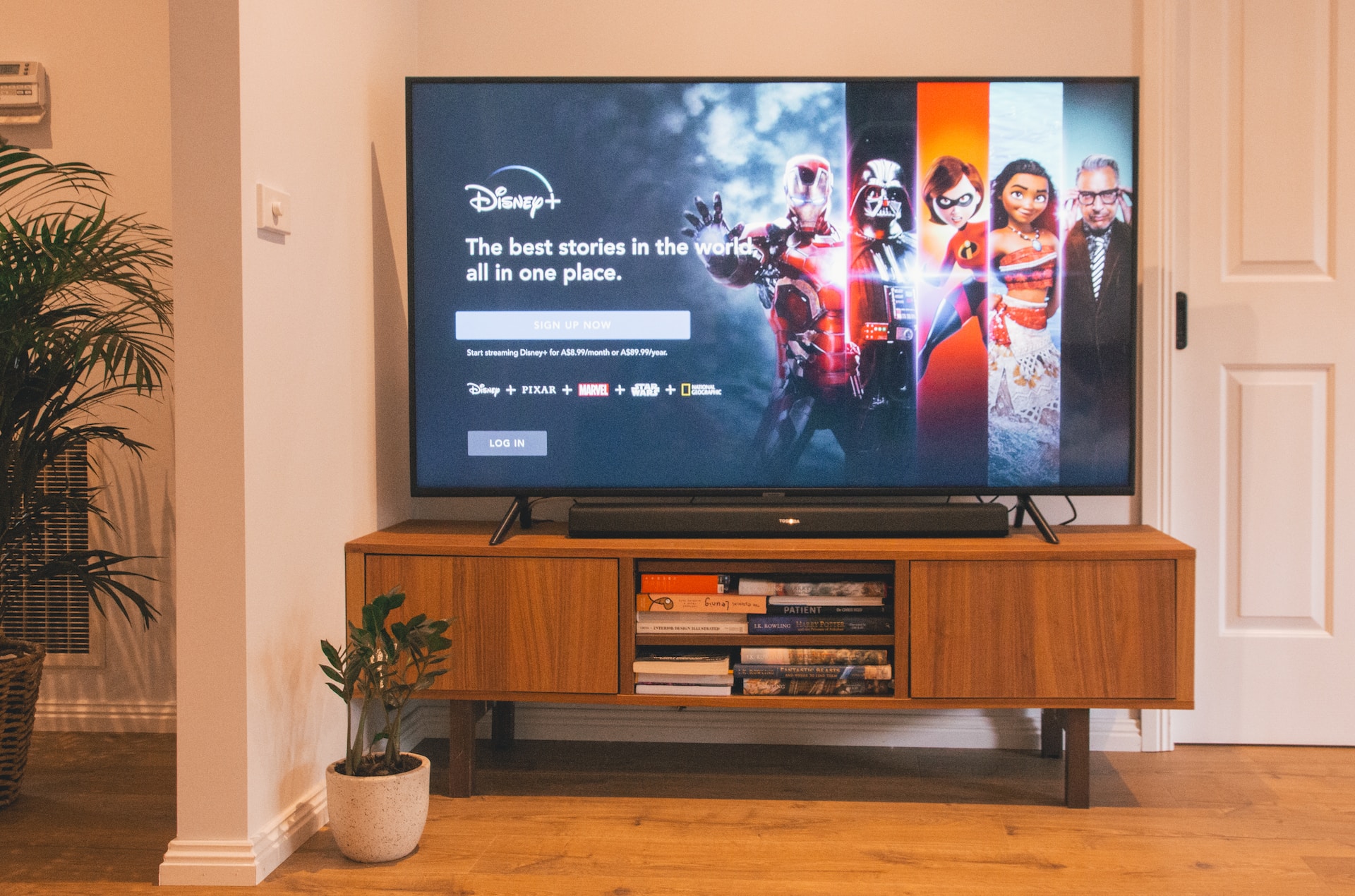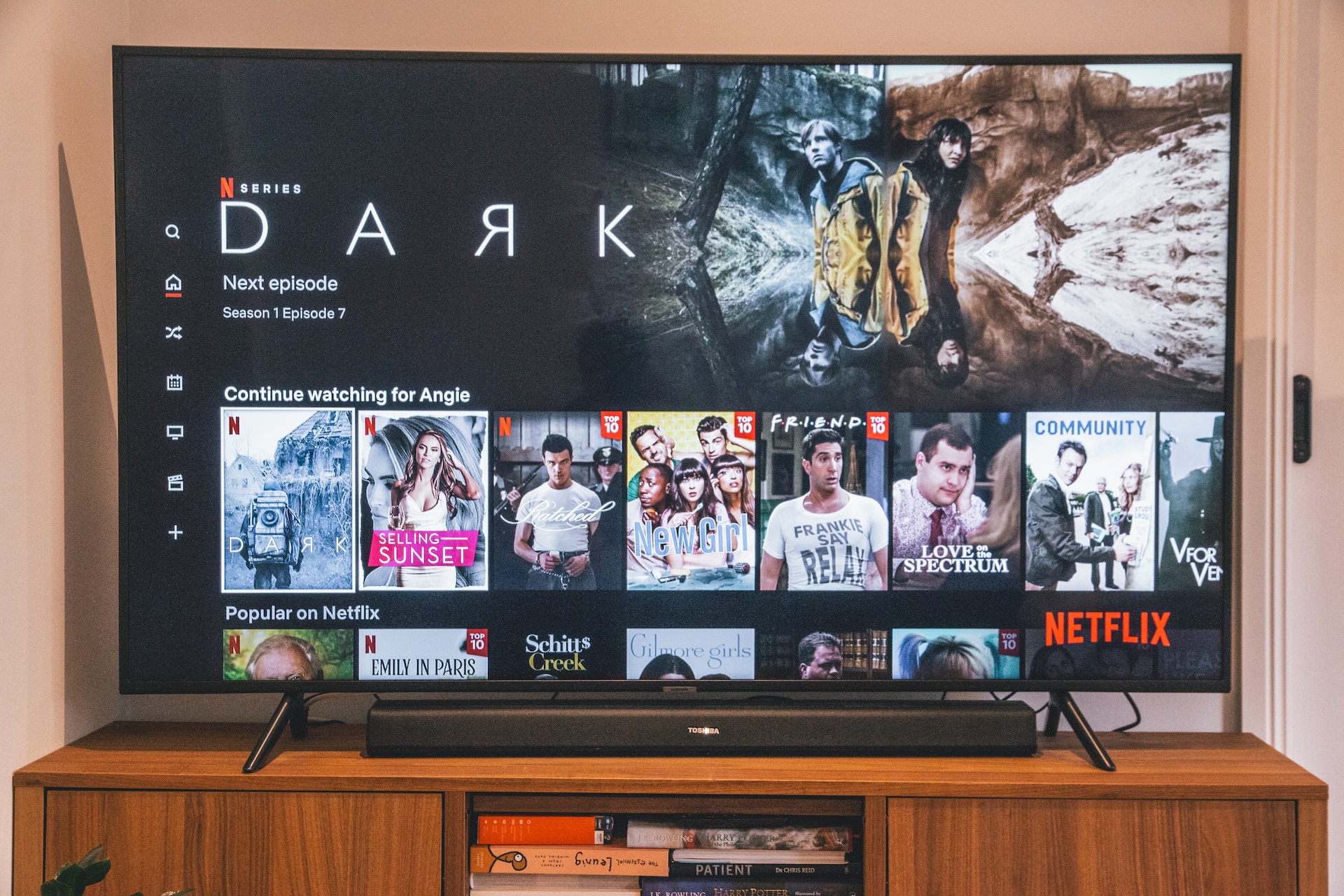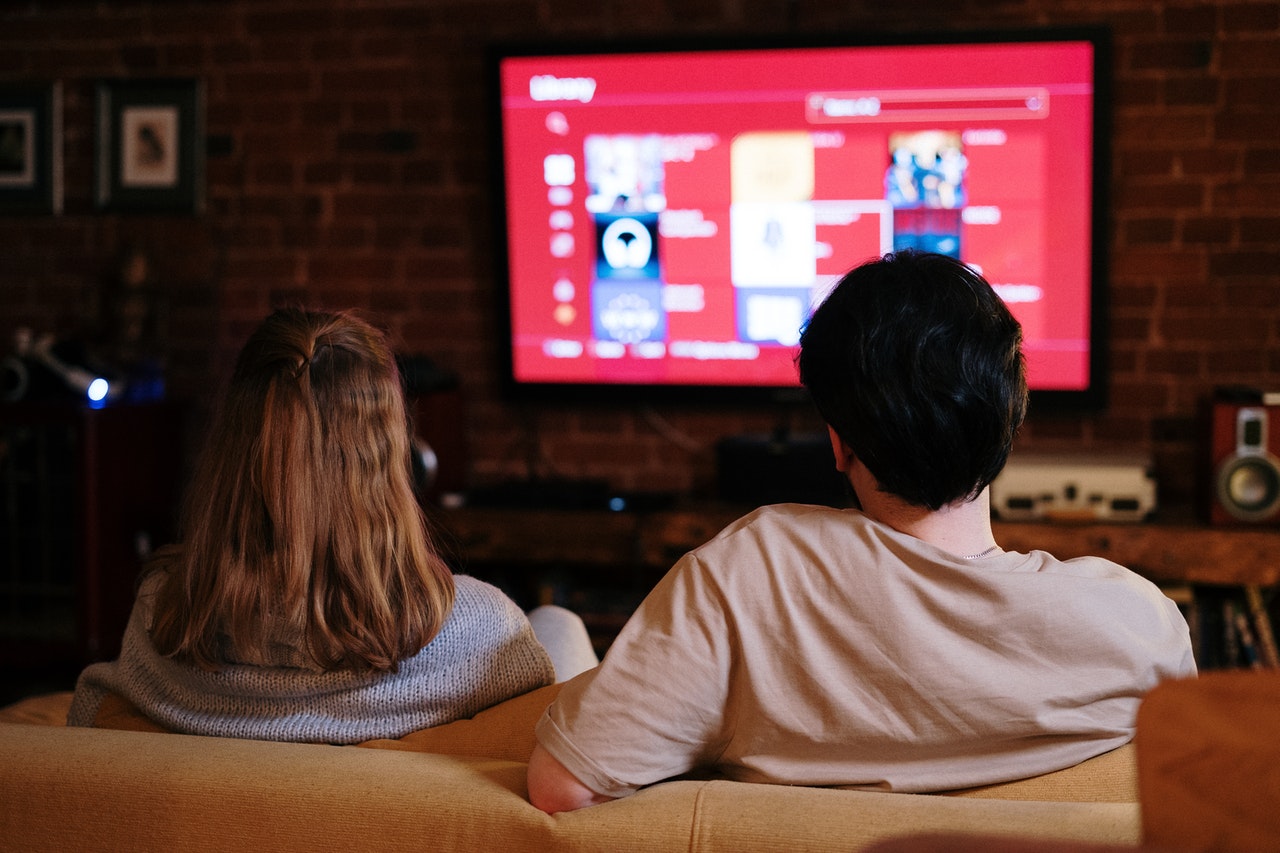If we look around, we do observe that most consumers are annoyed with price hikes and rising inflation rates.
It would seem as if no one is any longer interested to opt for cable television. Except for a few renowned cable TV packages like Spectrum Silver package, we mainly see cable users fretting over lousy services, expensive bills, and limited options.
Those who still stick to cable TV say they are mainly interested in sporting events. So it will be no exaggeration to say that traditional TV programming is indeed getting obsolete as people continue to cut the cord.

TV is becoming obsolete?
Television has been a staple in households for decades, but with the rapid advancement of technology, many people are starting to wonder if it is becoming obsolete.
There’s no denying that streaming services like Netflix and Hulu have changed the game. People are no longer limited to a few channels on their television sets and can now access a vast library of content on-demand. With the advent of smart TVs, viewers can also enjoy these streaming services directly on their television sets.
But does this mean that traditional TV is no longer relevant? Not necessarily. While it may be true that the way we consume content is changing, television still serves a vital role in our lives.
For one, live events like sports and news broadcasts are still best experienced on a television set. The size and clarity of a TV screen provide an unparalleled viewing experience that simply cannot be replicated on a laptop or smartphone.
Many people still enjoy watching television as a form of relaxation and entertainment. While streaming services offer a wide range of content, there is something to be said for the simplicity of flipping through channels and stumbling upon a show or movie that piques your interest.
Not everyone has access to the internet or can afford the monthly subscription fees of streaming services. For these individuals, traditional television may be their only means of accessing news and entertainment.
That being said, there is no denying that the way we consume content is evolving. As technology continues to advance, it is likely that traditional television will become less prevalent. It is important to remember that the demise of television is not an overnight process. It will likely be a gradual shift as more and more people opt for streaming services over traditional TV.
While it is true that TV is becoming obsolete, it is not yet time to write its obituary. Traditional television still serves a crucial role in our lives, and it is unlikely to disappear completely anytime soon. It is important to embrace the changing landscape of content consumption and recognize that the future of entertainment is evolving.
Do You Predict Cable Television Will Become Obsolete?
So without further ado let us look closely at the aspects involved when we say that cable TV is soon to get extinct and for all the right reasons:

1. Is Cable Television Becoming Extinct?
Just like dodo birds disappeared from the face of the earth because they were probably not very flexible when it came to adapting to the new environment.
Cable TV also seems to be lagging when it comes to adopting the newer competition and the challenges posed by the ever-rising streaming services.
Cable bills have got expensive than ever in the last years and are giving a tough time to consumers. Thus more and more consumers head towards cutting the cord.
With the inflation rates on the rise, one of the primary factors involved in consumers cutting the cord is the high cost of cable TV bills rather than poor service.
Nowadays fast-speed internet is no longer a luxury and is widely available. Thus live TV streaming is becoming more popular as users find it more convenient and cost-effective as compared to cable TV services.
This does not necessarily mean that TV programs or shows would end rather it means that the new technology might take over as the streaming services continue to bring greater flexibility and affordability to the users.
2. The Cable TV Evolution in Process
Television has been evolving as we see hundreds of channels nowadays offering a wide range of entertainment.
Television is evolving as the market continues to reshape itself. But it is the cable TV providers who seem to be struggling as streaming services offer more on-demand content and maximum convenience to watch TV on the go.
Though we do see cable providers like Spectrum, Cox, or Xfinity acing the game by offering attractive cable packages like Spectrum Silver package, for instance, offering an exhaustive channel lineup at the most affordable rates.
But in today’s era of high-speed internet and online streaming that allows users to watch TV whether they are outside, traveling, or walking around-they can still watch their favorite show anytime they want.
3. Changing Habits
Back in the days when the internet had not made its way into every home, the center of attention for accessing some good quality entertainment had always been cable TV solely.
TV sets were a necessary household item in every home and given due importance as it was the prime way of catching up with the news, events, sports, and drama entertainment.
However as the internet was introduced to the day when it is almost impossible to carry out your routine personal and professional activities without it, there has been a massive shift in TV-watching habits.
Now we rely more on the internet for watching our favorite content whenever we want via any of the streaming services. Bigger and better TVs with amazing sound systems have become part of the homes where people love to watch the on-demand content of their choice.
Netflix and other companies releasing their freshly brewed content and movies have caused users to desert their cable TV subscriptions and get on the online streaming bandwagon.

4. Television Will Stay But Cable Providers Might Decline
The cord-cutting trend is a reality and cord-cutters do end up paying less for the streaming services to enjoy watching their favorite TV shows and movies.
Thus technological innovation has allowed cheaper and more convenient ways to access TV entertainment. Television is here to stay but cable companies are the ones who are facing downfall in the industry as the new technologies continue to dominate.
What will be the future of TV?
As technology continues to advance, many people are wondering, “What will be the future of TV?” With the rise of streaming services and the increasing popularity of on-demand content, it’s clear that the television industry is undergoing significant changes.
One possible future for TV is a continued shift towards on-demand content. More and more viewers are choosing to watch their favorite shows and movies on streaming services like Netflix and Hulu, which offer a vast library of content that can be accessed at any time.
As these services continue to grow in popularity, it is possible that traditional television programming will become less relevant.
Another potential future for TV is the integration of artificial intelligence (AI) and augmented reality (AR) technology. Smart TVs are already capable of learning viewers’ preferences and recommending content based on their viewing history.
In the future, it is possible that TVs will become even more intelligent, offering personalized viewing experiences that are tailored to each individual user. Augmented reality technology could also be used to enhance the viewing experience, allowing viewers to interact with the content in new and innovative ways.
The continued growth of 5G networks is also likely to impact the future of TV. With faster download speeds and lower latency, 5G networks will make it possible to stream high-quality video content in real time, regardless of location.
This could lead to a rise in mobile viewing, as viewers will be able to watch their favorite shows and movies on the go without experiencing buffering or lag.
Finally, it is possible that the future of TV will be a convergence of traditional television and on-demand content. As streaming services continue to grow in popularity, it is possible that traditional networks will start to offer more on-demand options to stay competitive.
At the same time, streaming services may start to offer more live programming to appeal to viewers who want to watch events as they happen.
The future of TV is likely to be a combination of on-demand content, AI and AR technology, 5G networks, and a convergence of traditional television and streaming services. While it is impossible to predict exactly what the future will hold, it is clear that the television industry is undergoing significant changes that will continue to impact the way we consume and interact with content.

When do you predict cable TV will become extinct?
How long until cable TV is obsolete? Cable television is not dying any time soon, be it TV programming or TV screens because people love watching Live TV, dramas, sports, movies, reality shows, etc.
There are still many viewers who prefer the convenience of traditional cable, and there are certain types of programming (such as live sports) that are still primarily available through cable subscriptions.
We see more improved quality TV content but cable companies might become obsolete in the recent future as the cord-cutting fever continues to rise.

I am Adeyemi Adetilewa, an SEO Specialist helping online businesses grow through content creation and proven SEO strategies. Proficient in WordPress CMS, Technical Site Audits, Search Engine Optimization, Keyword Research, and Technical Writing (Portfolio).
I help brands share unique and impactful stories through the use of public relations, advertising, and online marketing. My work has been featured in the Huffington Post, Thrive Global, Addicted2Success, Hackernoon, The Good Men Project, and other publications.


